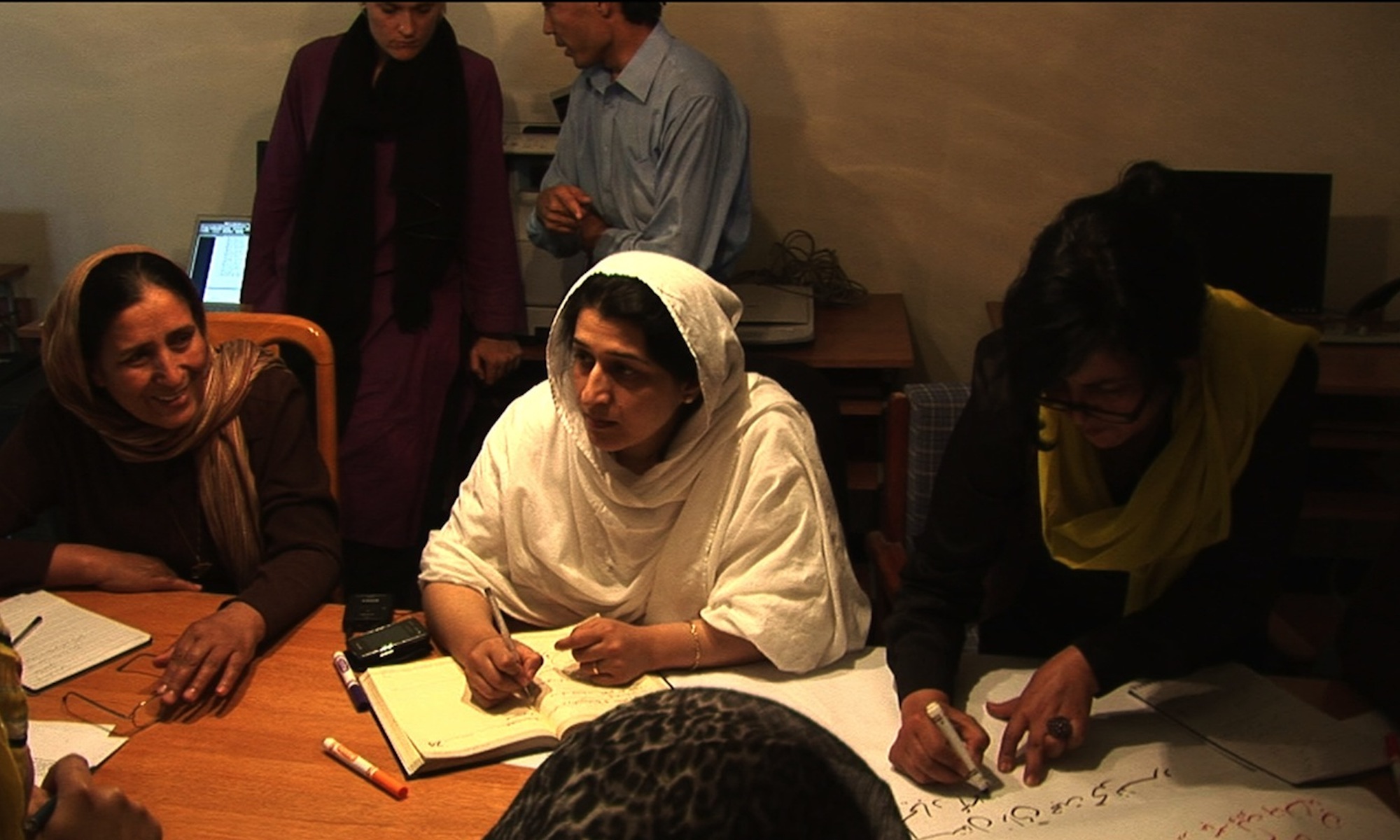Peacebuilding supports the emergence of stable political community in states and regions struggling with a legacy of violent conflict. This then raises the question of what political community might mean in the state in question. International peacebuilding operations have answered that question in terms of the promotion of conventional state-building along the lines of the Western Organization for Economic Cooperation and Development (OECD) model as the best path out of post-conflict state fragility and towards sustainable development and peace. This article argues for peacebuilding beyond notions of the liberal peace and constructions of the liberal state. Rather than thinking in terms of fragile states, it might be theoretically and practically more fruitful to think in terms of hybrid political orders, drawing on the resilience embedded in the communal life of societies within so-called fragile regions of the global South. This re-conceptualization opens new options for peacebuilding and for state formation as building political community.

INSCT Postconflict Research Database
The Institute for National Security and Counterterrorism's Postconflict Research Database & Analysis Project stores cross-indexed bibliographic information on hundreds of journal articles, books, book chapters, and case reports that address the broad, interdisciplinary fields of postconflict reconstruction, stabilization, and peacebuilding.